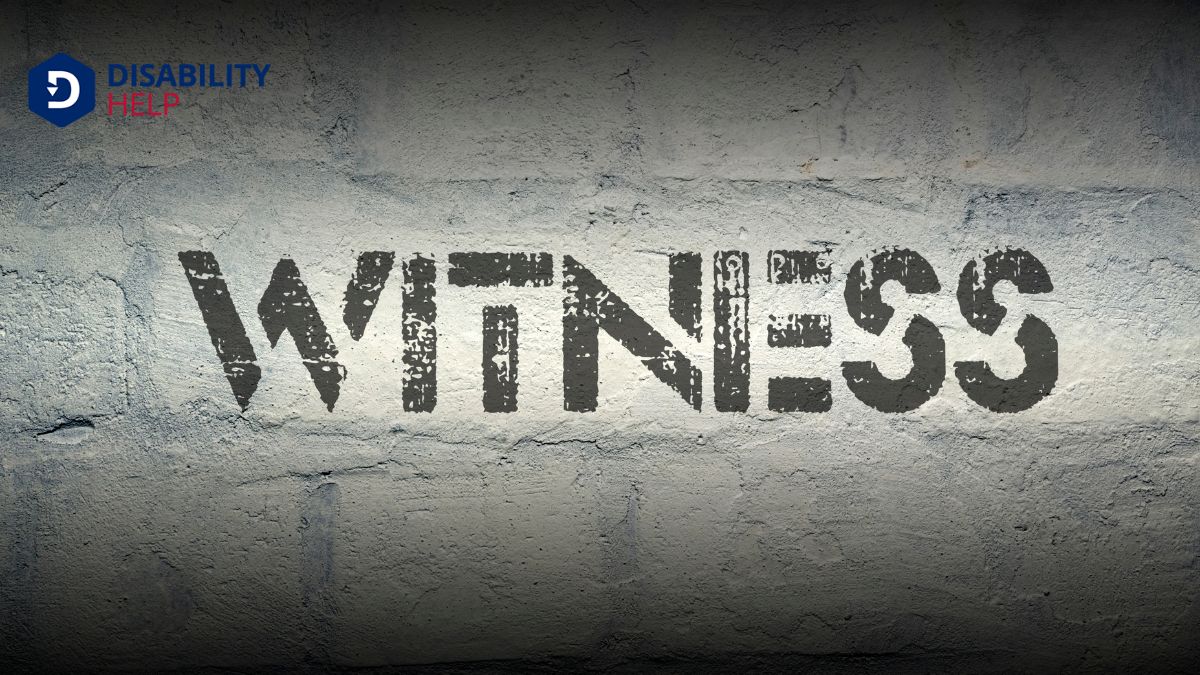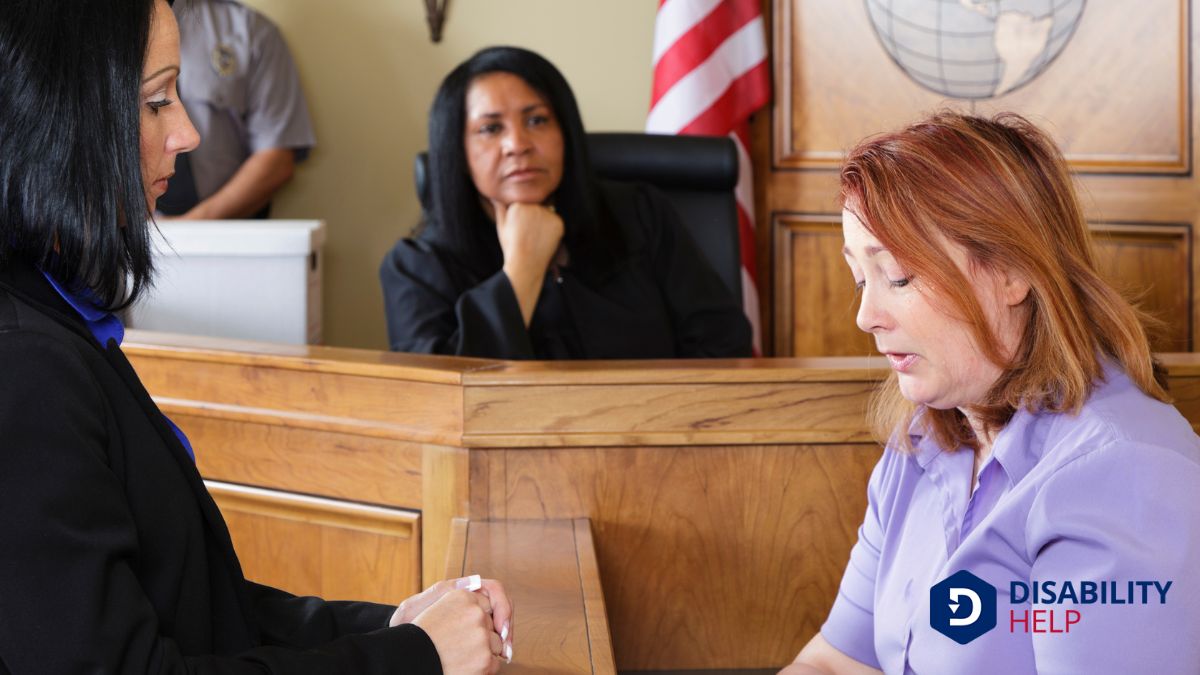In personal injury cases, witness testimony is pivotal in shaping the narrative and supporting the plaintiff's claims. We often rely on eyewitness accounts to corroborate details of the incident, while expert witnesses provide clarity on complex issues. These testimonies weave a story that can sway the jury's perception and decision. But what makes witness testimony so compelling, and how do we guarantee it effectively aids the case? Let's explore further.
Key Takeaways
- Witness testimony provides firsthand accounts and expert insights, crucial for verifying the plaintiff's claims in personal injury cases.
- Lay witnesses recount direct observations, confirming essential details like hazards and negligent actions.
- Expert witnesses clarify complex medical and technical aspects, aiding the jury's understanding and decision-making.
- Character witnesses highlight the plaintiff's integrity, bolstering their credibility and narrative.
- Thorough preparation of witnesses ensures clear, honest, and credible testimony, overcoming challenges like memory reliability and perception biases.
Types of Witnesses in Personal Injury Cases

In personal injury cases, understanding the types of witnesses can greatly impact the outcome. We often encounter three main types: lay witnesses, expert witnesses, and character witnesses.
Lay witnesses provide firsthand accounts of the incident, offering details that might otherwise be overlooked. They help paint a picture of what transpired.
Expert witnesses bring specialized knowledge to the table, such as medical opinions or accident reconstruction expertise, making complex information accessible.
Character witnesses speak to the plaintiff's reputation and integrity, which can influence perceptions of credibility.
How Witness Testimony Supports the Plaintiff's Case
Understanding the various types of witnesses lays the groundwork for how their testimonies bolster the plaintiff's case. Each witness brings a unique perspective that can be essential.
Eyewitnesses recount what they directly observed, providing a narrative that supports the sequence of events as claimed by the plaintiff. Their accounts can confirm vital details, like the presence of hazards or reckless behavior.
Character witnesses, often knowing the plaintiff well, can speak to their integrity and the impact the injury has had on their lives. This personal insight helps the jury empathize with the plaintiff’s situation.
Together, these testimonies weave a compelling story that underscores the validity of the plaintiff's claims, making it easier for us to understand the true extent of the injury and the need for justice.
The Impact of Expert Witnesses
While expert witnesses don’t recount personal observations, they bring specialized knowledge that can greatly influence a personal injury case. Their insights help us understand complex medical, technical, or scientific details that might otherwise be confusing.
For instance, a medical expert can clarify the extent of injuries and potential long-term impacts, while an accident reconstructionist can explain how an incident occurred.
Expert witnesses establish credibility by backing up their claims with data and professional experience. This expertise can strengthen our case by providing the jury with a clearer picture of the facts.
Their testimony often carries significant weight because it provides clarity and context, helping the jury make informed decisions. By translating complex concepts into understandable terms, expert witnesses bridge the gap between technical details and legal arguments.
Challenges in Witness Testimony
By understanding these challenges, we can better evaluate the credibility of witness testimony.
It’s essential to recognize these factors to guarantee that justice is served effectively and fairly in personal injury cases.
Preparing Witnesses for Trial

Addressing challenges in witness testimony allows us to move forward with preparing witnesses for trial.
First, we need to guarantee they understand the facts of the case clearly. We’ll review their statements together, focusing on key details and timelines. Clarifying any misunderstandings early is vital.
Next, we’ll discuss the courtroom environment. It's important they feel comfortable and confident. Practicing potential questions helps them anticipate and respond effectively. We’ll guide them on staying calm and composed, especially under cross-examination. Our goal is to build their confidence without scripting their responses.
Finally, we remind them to be honest and concise, emphasizing the importance of truthfulness. Through preparation, we aim to present credible, reliable testimony that strengthens our case.
Conclusion
In personal injury cases, we can't overstate the importance of witness testimony. Eyewitnesses, character witnesses, and expert witnesses each play an essential role in building a strong, persuasive narrative. They help us paint a vivid picture of the incident, support the plaintiff's claims, and clarify complex issues. By preparing our witnesses effectively and addressing any challenges, we enhance our chances of a favorable outcome. Let's guarantee we utilize every testimony to its fullest potential.






